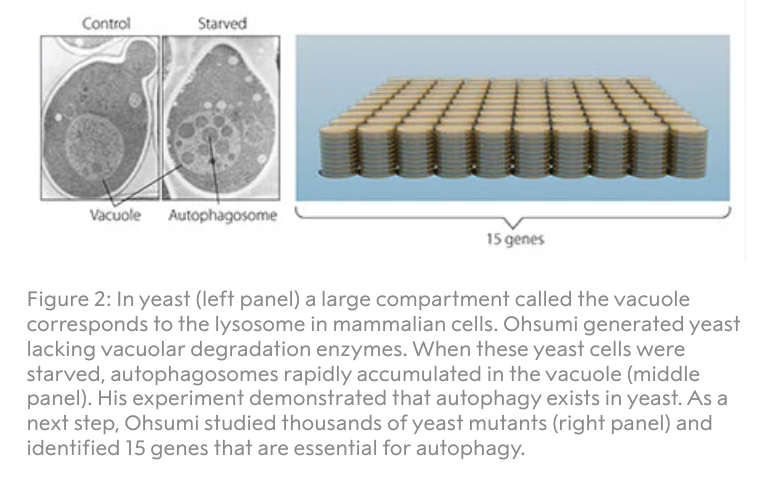SURAH AL BAQARA (THE COW): AYAT 184 (QURAN 2:184)

In Islam, fasting (known as sawm in Arabic: صوم; Arabic pronunciation: s’awm or siyam, Arabic: صيام; Arabic pronunciation: [sˤijaːm], also commonly known as rūzeh or rōzah in non-Arab Muslim countries is the practice of abstaining, usually from food, drink, smoking, sexual activity and anything which substitutes food and drink.
Muslims generally observe this fast without food or drink from sunrise (prior to Fajr prayer) until sunset (breaking at Maghrib prayer). The 9th month of the Muslim lunar calendar is the holy month of Ramadan, in which fasting (sawm) is observed between dawn and nightfall for the entire month. Fasting is a requirement for Muslims as it is the fourth of the five pillars of Islam. So fasting itself is one of the core principles and holds deep roots in the very practice of Islam itself (although not everyone is required to fast pending situations such as health and travel/circumstance).
The idea of fasting and controlling one’s urges of even lawful things such as halal food and drink was viewed as a way of showing determination in faith and helping strengthen one’s spiritual muscles. But that was a known concept even to faiths and civilizations prior – spiritual exercises serve to strengthen faith. The Quran acknowledges this spiritual cleanse but also states: “But to fast is best for you, if you only knew” implying another unknown benefit of the act.
As research and science advances – more and more evidence indicates the marked health benefits of fasting. Even one of the most prestigious prizes in science/medicine – the 2016 Nobel Prize in Physiology or Medicine – was awarded to Yoshinori Ohsumi for his discoveries of mechanisms for Autophagy induced by starvation.
Autophagy is a word that originates from the Greek words auto-, meaning “self”, and phagein, meaning “to eat”. Thus, autophagy denotes “self eating”. This concept emerged during the 1960’s, when researchers first observed that the cell could destroy its own contents by enclosing it in membranes, forming sack-like vesicles that were transported to a recycling compartment, called the lysosome, for degradation. Difficulties in studying the phenomenon meant that little was known until, in a series of brilliant experiments in the early 1990’s, Yoshinori Ohsumi used baker’s yeast to identify genes essential for autophagy. He then went on to elucidate the underlying mechanisms for autophagy in yeast and showed that similar sophisticated machinery is used in our cells.
He cultured mutated yeast lacking vacuolar degradation enzymes and simultaneously stimulated autophagy by starving the cells. The results were striking! Within hours, the vacuoles were filled with small vesicles that had not been degraded (Figure below). The vesicles were autophagosomes and Ohsumi’s experiment proved that autophagy exists in yeast cells.

Ohsumi’s discoveries led to a new paradigm in our understanding of how the cell recycles its content. Degradation is actually a central function to living cells! Thanks to Ohsumi and others following in his footsteps, we now know that autophagy controls important physiological functions where cellular components need to be degraded and recycled. Autophagy can rapidly provide fuel for energy and building blocks for renewal of cellular components, and is therefore essential for the cellular response to starvation and other types of stress. After infection, autophagy can eliminate invading intracellular bacteria and viruses. Autophagy contributes to embryo development and cell differentiation. Cells also use autophagy to eliminate damaged proteins and organelles, a quality control mechanism that is critical for counteracting the negative consequences of aging.
Just as science (and common sense) has noted that overeating (excessive caloric intakes) can lead to significant harms, including increased risks of cardiovascular disease (such as heart attacks or strokes), weight gain, joint degradation, elevated blood sugar (insulin resistance), brain disease (elevated Alzheimer’s risks), mood fluctuations, along with other health concerns – intermittent fasting on the other hand has been linked to a multitude of health benefits:

Benefits of intermittent fasting
There have been many studies on intermittent fasting, both in animals and humans, such as this study by Mattson et al published in the New England Journal of Medicine that correlate tremendous benefits such as longer life expectancy, a leaner body and a sharper mind with intermittent fasting, particularly with the 16/8 hour fasting method (fast for 16 hrs / eat in 8 hr window).
“Many things happen during intermittent fasting that can protect organs against chronic diseases like type 2 diabetes, heart disease, age-related neurodegenerative disorders, even inflammatory bowel disease and many cancers,” Mark Mattison, PHD – PROFESSOR OF NEUROSCIENCE – Johns Hopkins School of Medicine
- Weight Loss: helps shed weight and belly fat, without actively reducing calories
- Physical performance. Young men who fasted for 16 hours showed fat loss while maintaining muscle mass. Mice who were fed on alternate days showed better endurance in running.
- Insulin Resistance: Fasting can reduce insulin resistance, lowering blood sugar by 3% to 6% and fasting insulin levels by 20% to 31%, which should protect against type 2 diabetes.
- Type 2 diabetes and obesity. In animal studies, intermittent fasting prevented obesity. And, in six brief studies, obese adult humans lost weight through intermittent fasting. People with type 2 diabetes may benefit: Most of the available research shows that intermittent fasting can help people lose body weight and lower their levels of fasting glucose, fasting insulin and leptin while reducing insulin resistance, decreasing levels of leptin and increasing levels of adiponectin. Certain studies found that some patients practicing intermittent fasting with supervision by their doctors were able to reverse their need for insulin therapy.
- Inflammation: Some studies show reductions in inflammation markers, a key factor in many chronic diseases.
- Heart Health: Intermittent fasting can lower “bad” LDL cholesterol, blood triglycerides, inflammatory markers, blood sugar, and insulin resistance, all risk factors for heart disease. Intermittent fasting improved blood pressure and resting heart rates as well as other heart-related measurements.
- Cancer: Some studies have shown that alternate-day fasting can reduce the risk of cancer by slowing the development of lymphoma, limiting tumor survival, and slowing the spread of cancer cells.
- Brain Health: Fasting increases the BDNF hormone in the brain and can help the growth of new nerve cells. It can also protect against Alzheimer’s disease
- Thinking and memory. Studies discovered that intermittent fasting boosts working memory in animals and verbal memory in adult humans.
- Tissue health. In animals, intermittent fasting reduced tissue damage in surgery and improved results.
- Anti-Aging: Fasting can extend the lifespan of rats. Studies showed that fasted rats lived 36% to 83% longer
In the Quran – Allah (swt) says in Surah Al Baqarah: Verse 184 – “…But to fast is best for you, if you only knew!” As we progress and know more via advanced science and medical research – this fact is undeniable!
